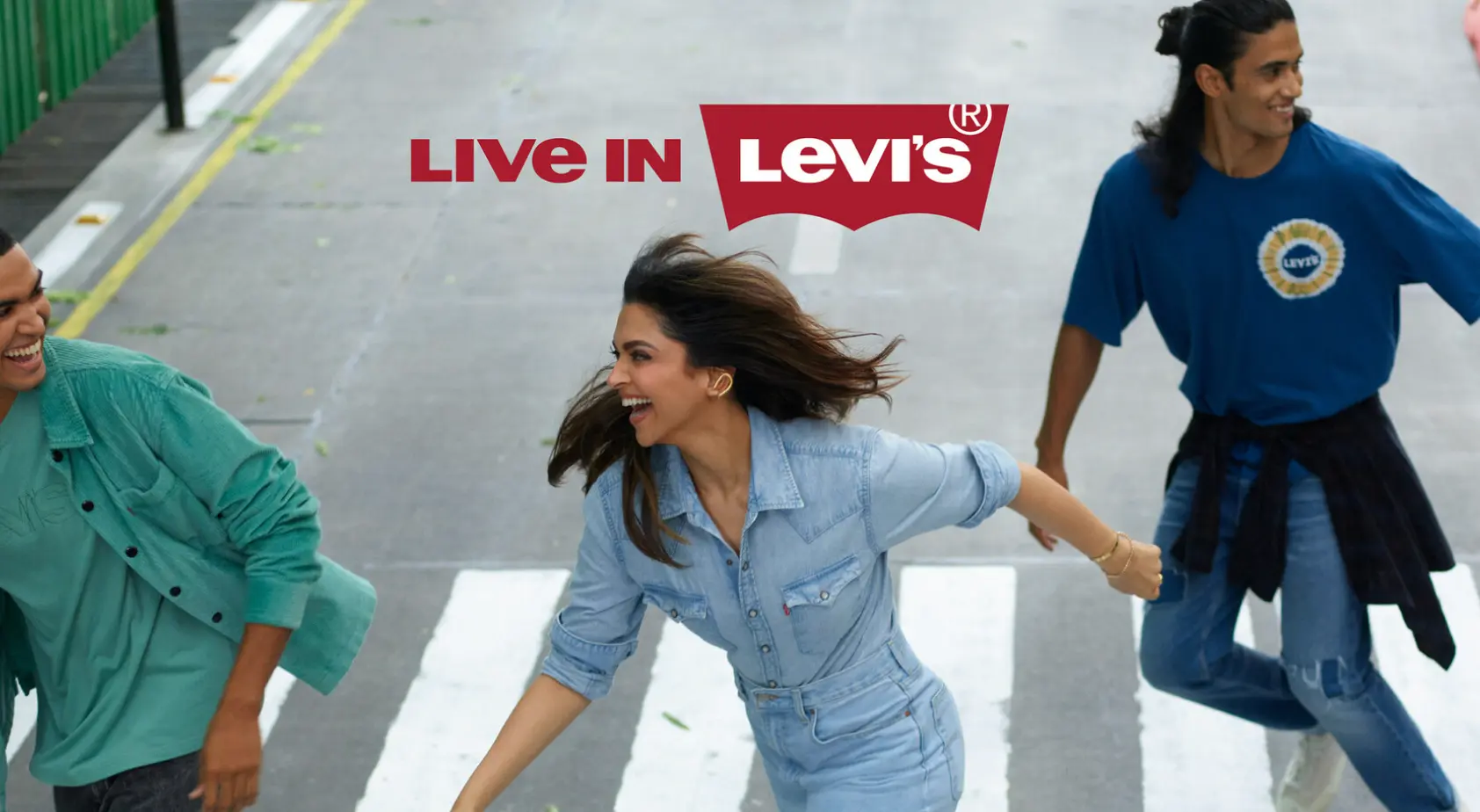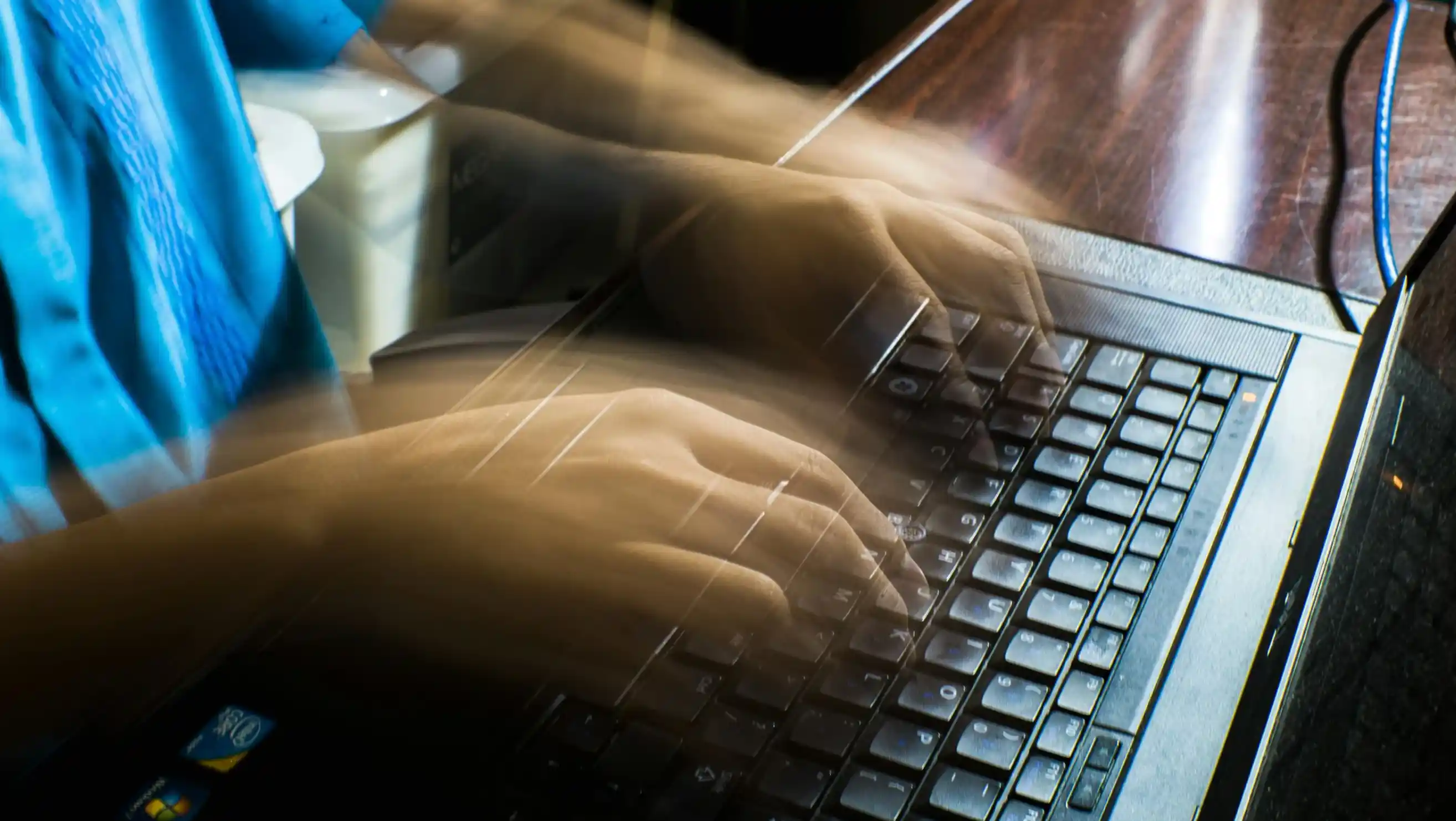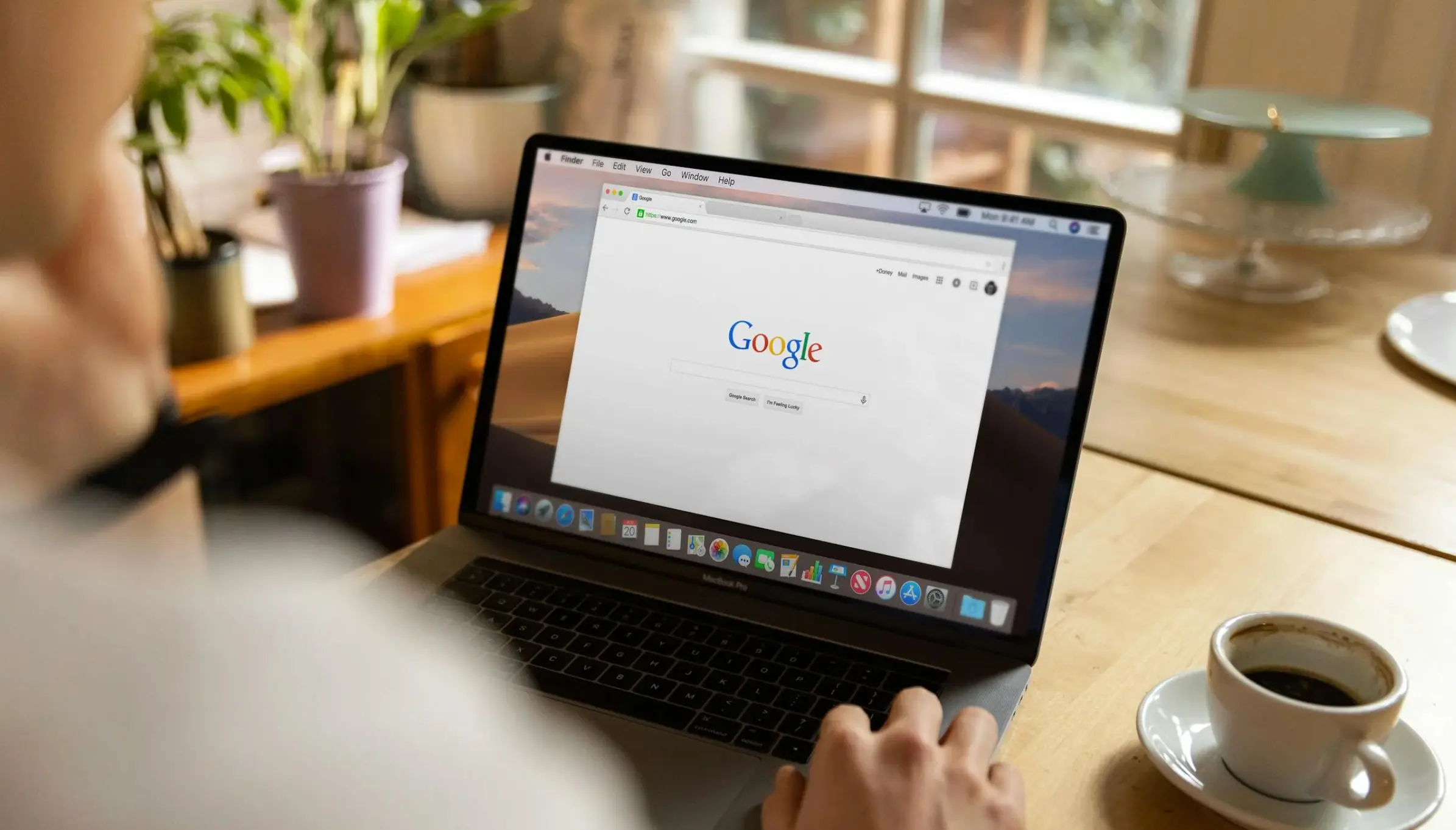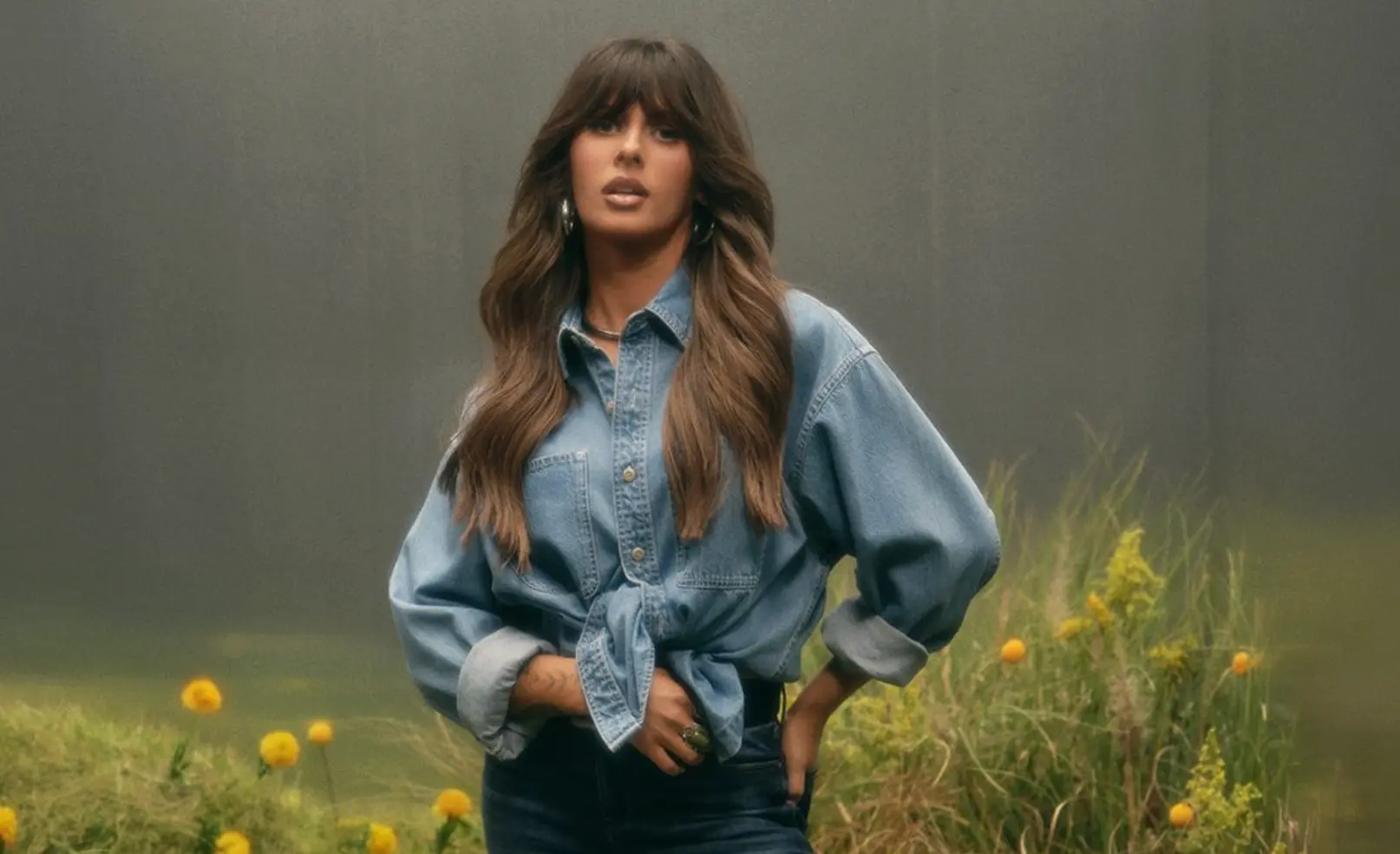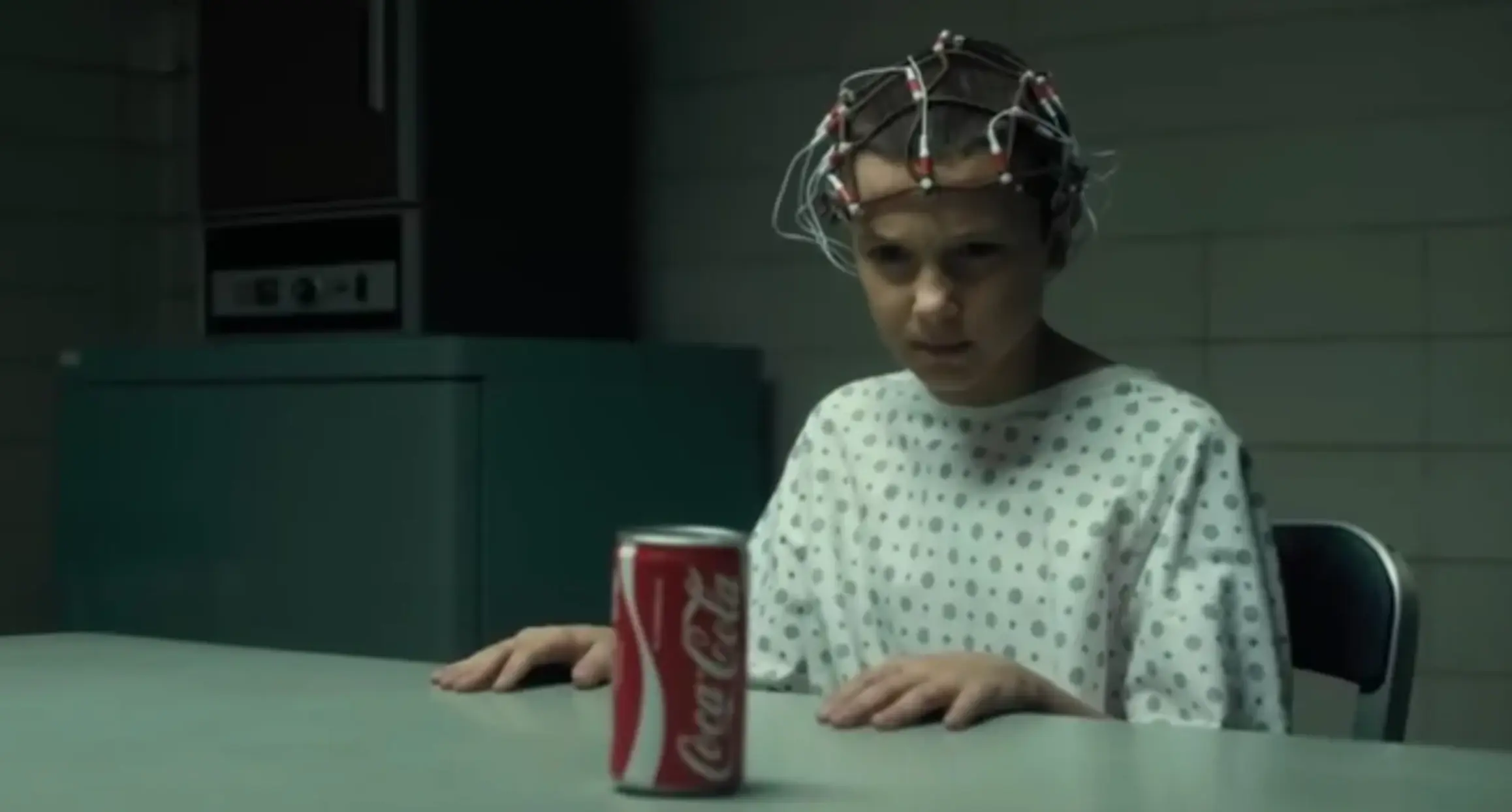Marketing Strategies Brands Can Use During Euro Cup In 2024
Updated on
Published on
For marketers looking to make a big splash, taking advantage of events like Euro 2024 can change the game. Marketers in a variety of industries can capitalize on the nation's soccer craze to increase brand awareness and engagement as it sweeps the nation. But how can brands get the most out of Euro 2024?
Social Media Marketing
The fact is that almost everyone at the tournament will be carrying a smartphone. And that is a huge opportunity. With fans glued to their screens for news, conversations, and fun things to do between games, social media is a great place for marketing to reach them. During Euro 2024, investing in social media campaigns can pay off handsomely. The increased engagement levels caused by the flood of visitors can be quite large. Instead of relying on typical sponsorship partnerships, marketers may tap into the creative capabilities of content creators to generate match-related content that is both current and reactive. Brands can establish genuine relationships and encourage significant involvement by teaming up with artists who already have a following among their target consumers.

Creativity is very important when it comes to leveraging ambassadors during Euro 2024. While ambassadors can be effective, cookie-cutter campaigns may fall short of expectations. These days, consumers want more from brands than just product ads. In order to satisfy this demand, marketers should carefully select a variety of sports creators, soccer icons, and creators from other industries to offer an interesting and diversified perspective. Take the 2018 FIFA World Cup as an example. It demonstrates how a campaign was powered by a mix of football legends and regular producers, leading to enormous brand exposure and consumer engagement.
Another way that brands can interact with consumers during Euro 2024 is through streaming services. As billions of people watch the event, there is an increased need for highlights and real-time updates. Brands can take advantage of this by using creators to provide bite-sized content that appeals to a wide range of viewer interests. Timely updates and insights allow businesses to effortlessly join the national debate about the event, expanding their reach beyond conventional football fans. And by teaming up with major events like Euro 2024, companies may increase their exposure to new demographics. Brands may build emotional ties and generate engagement by aligning with major athletic events, as seen in P&G's ad during the 2018 Winter Olympics and other successful examples.
With Euro 2024 quickly approaching, marketers may reach soccer fans through a variety of means, not only TV ads. Brands should not overlook the significant female football fandom that spans online, radio, print, and mobile platforms, even while targeting male viewers through television is still effective. According to Statista research from 2022, 37% of soccer fans are female, and 63% of the sport's supporters are men. Despite football's immense popularity across Europe, the intensity of devotion varies. The UK shows less sentiment compared to Turkey, Germany, and Italy. It is worth noting that the majority of football fans in the UK are between the ages of 35 and 54, with the majority of these supporters residing in the northern and southern regions.

Soccer material is consumed mostly on television, although online platforms, radio, print media, and mobile devices also play important roles. This multi-channel behaviour highlights the need for marketers to diversify their brand strategies by offering a multitude of engagement possibilities. A supplementary analysis confirms that TV viewers will outnumber all other forms of fan engagement during Euro 2024. Fans do more than just watch the games on TV; they also talk to each other, read up on the news, and share tournament-related content on social media. Notably, there is a large female audience that participates in football-related activities, suggesting a big market for advertisers to target. The majority of fans prefer to watch matches alone at home, showcasing the range of fan participation when it comes to viewing choices. On the other hand, female fans are more likely to be seen at social events, suggesting that they prefer to watch games with friends or family. To successfully personalize their messaging and activations, brands must grasp these subtleties.
Moreover, during matches, fans, enthusiasts, and followers all respond differently; fans, in particular, are very involved in everything having to do with soccer. It is worth mentioning that female fans are known to be quite active in supporting their teams and participating in conversations about matches, which makes them a valuable demographic for brands to target. Brand connection is suggested by the different online activities that fans engage in while consuming Euro 2024 content, such as reading comments and conversing via instant messaging. Brands may take advantage of this trend by using a variety of strategies to engage their target demographic.
Campaign Examples To Run During Euro 2024
Here are five campaign ideas tailored for sports brands to implement during Euro 2024, to increase user retention and interaction.
Prediction Polls
By giving fans a place to talk and share their opinions, prediction polls and conversations can increase user engagement. Brands may take advantage of the buzz around football matches and player stats by modelling their app or website's prediction part after Reddit's interactive football predictions section. To encourage involvement and create a sense of community and rivalry among users, real-time engagement data and leaderboards can be added.
Highlights & Player Performance
During Euro 2024, sports brands can take advantage of the widespread interest in watching match replays and highlights to offer exclusive coverage and analysis of players' performances. Users can get a full picture of how their favourite sportsmen performed in the tournament by creating player profiles that include match data and highlights. Brand platforms see an uptick in traffic and engagement when material is often updated after matches to keep consumers up-to-date.
Loyalty Rewards
Users can be encouraged to participate and stay by offering loyalty awards that are linked to the betting trends for Euro 2024. An interactive minigame or treasure box filled with official club gear can be used to gamify the user experience and encourage ongoing participation. Establishing goals and providing incentives for user actions helps brands build a loyal user base and increases brand loyalty and retention.
Interactive Puzzles and Mini-Games
During the tournament, getting people involved with casual mini-games and puzzles is a good way to encourage competition and contact. Adding tiered prize systems that depend on how well a user does in these games helps brands keep users interested and coming back. Adding educational elements like facts about national teams and logos also improves the user experience and makes their contact with the brand platform more valuable.
Quizzes
Brands can take advantage of the popularity of personality tests by designing interactive surveys that divide consumers into several types of fan personas. Viral marketing allows firms to increase user engagement and acquisition by providing targeted results and promoting social sharing. Simplifying the user experience with straightforward response methods reduces friction and increases engagement and retention, much like the dating app swipe function.

In Recent News:
After 77 years, the German Soccer Federation (DFB) decided to switch kit suppliers from Adidas to Nike. This caused a huge stir in the sports business. This unusual move, which was revealed on Thursday, ends a long-running partnership between DFB and Adidas. Even the German sportswear giant was caught off guard by the news.
Adidas has been making kits for the German national team since the 1950s. They also have a long history with DFB and have sponsored the team during some of the most important events in soccer history, such as several World Cups and European wins. But the promise of a new deal with Nike was too good to pass up for DFB, and they decided to switch sources starting in 2027. Although the specifics of Nike's offer have not been made public, it is clear that money played a big role in DFB's choice. In a statement, DFB defended its decision, saying that Nike's better financial offer was the main reason for the move. This move is different from what DFB has always done, and it marks the end of a relationship that has been built on decades of history and special moments.

Losing the DFB deal is a big setback for Adidas, especially since it already has to deal with problems like the fallout from its relationship with Kanye West and the end of the Yeezy shoe line. It's still not clear how losing the DFB deal will affect the company's finances, but it's another problem they've been having lately. Even with this loss, Adidas still has deals with other national teams, like Italy and Spain, which means it will stay in the soccer market. Nike, on the other hand, wins a big battle with its new deal with DFB, which adds the German national team to its list of supported national teams that already includes France and England. The deal with DFB will last until 2034 and will give Nike a chance to show off its name on one of the biggest stages in soccer.
The choice to switch kit suppliers has effects on both the companies and the fans and observers who watch. Robert Habeck, the German Economic Minister, was shocked to hear that the national jersey might not have Adidas' famous three stripes on it. He emphasized how important these stripes are to German culture. Even though Habeck knew the Nike deal would bring in money, he wanted DFB to feel like they were supporting their hometown team by choosing Nike as their supplier.
Brands have a perfect opportunity to step up their marketing game as Euro 2024 draws near. Brands can set themselves up for success during this highly awaited tournament by being open to new ideas, using influencers to their advantage, and keeping their approach flexible.

webp.webp)
